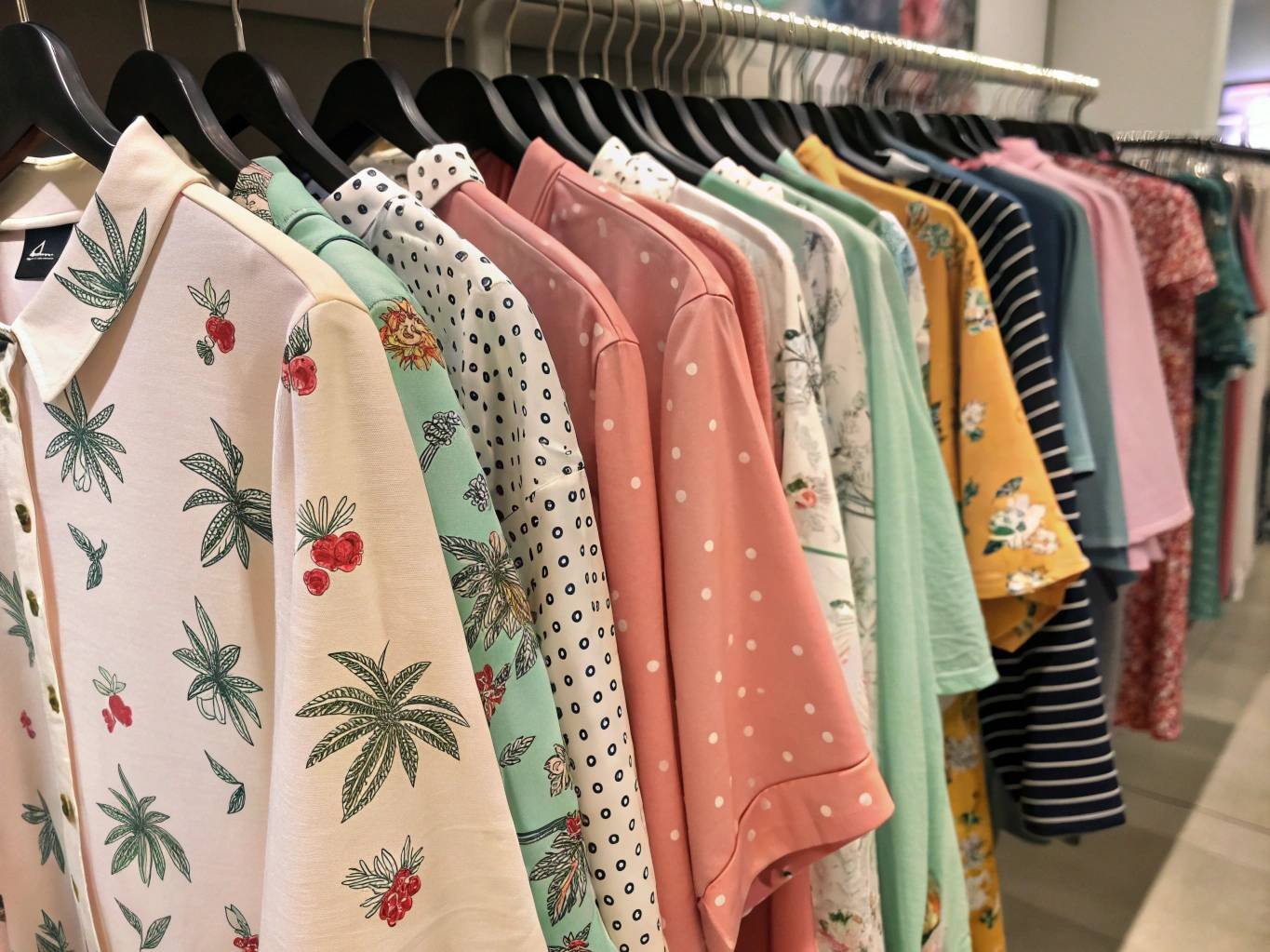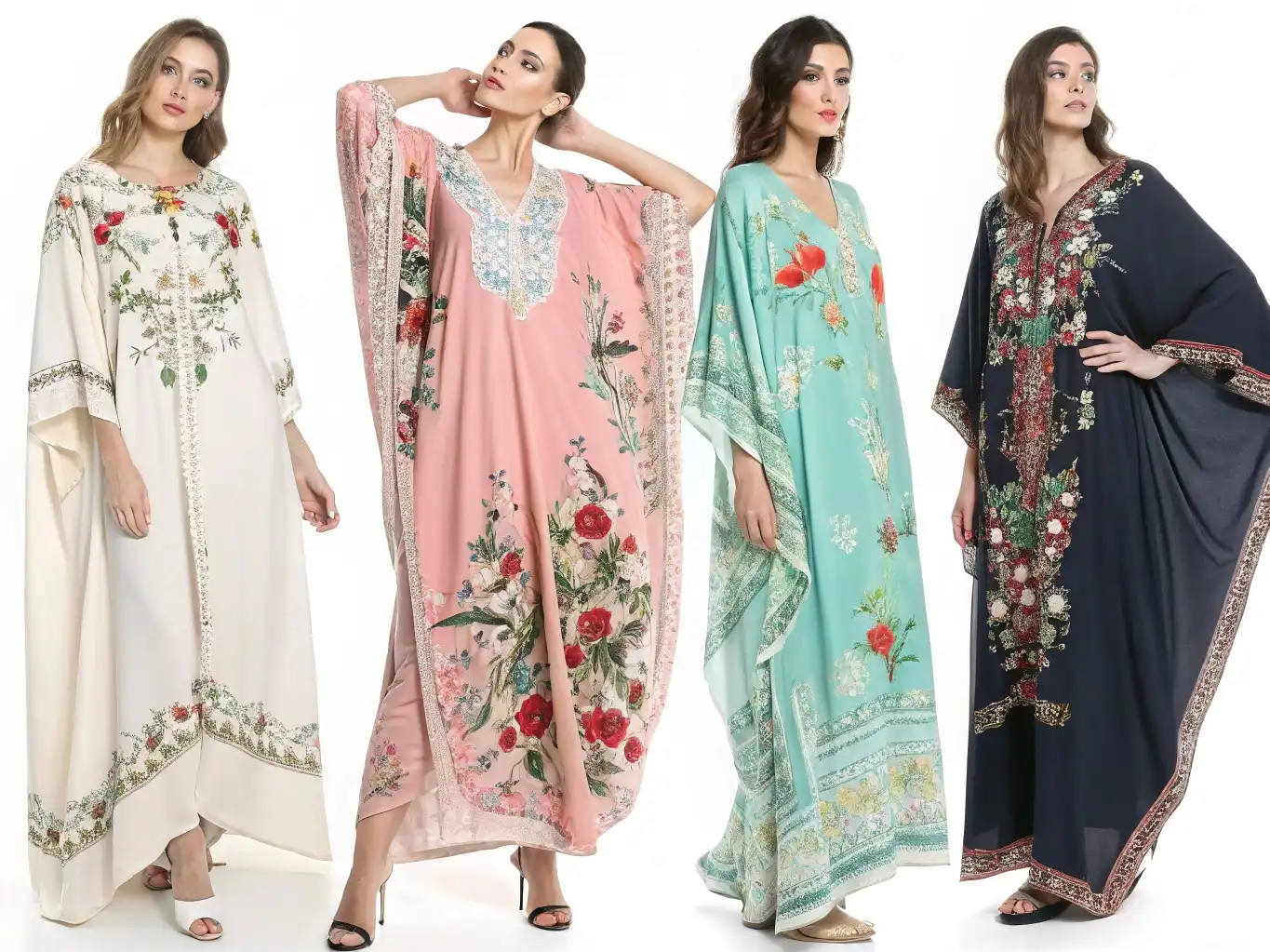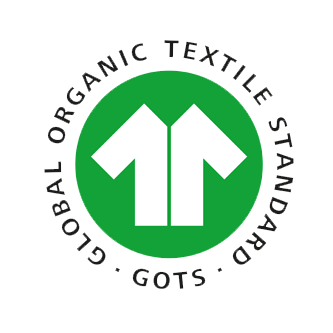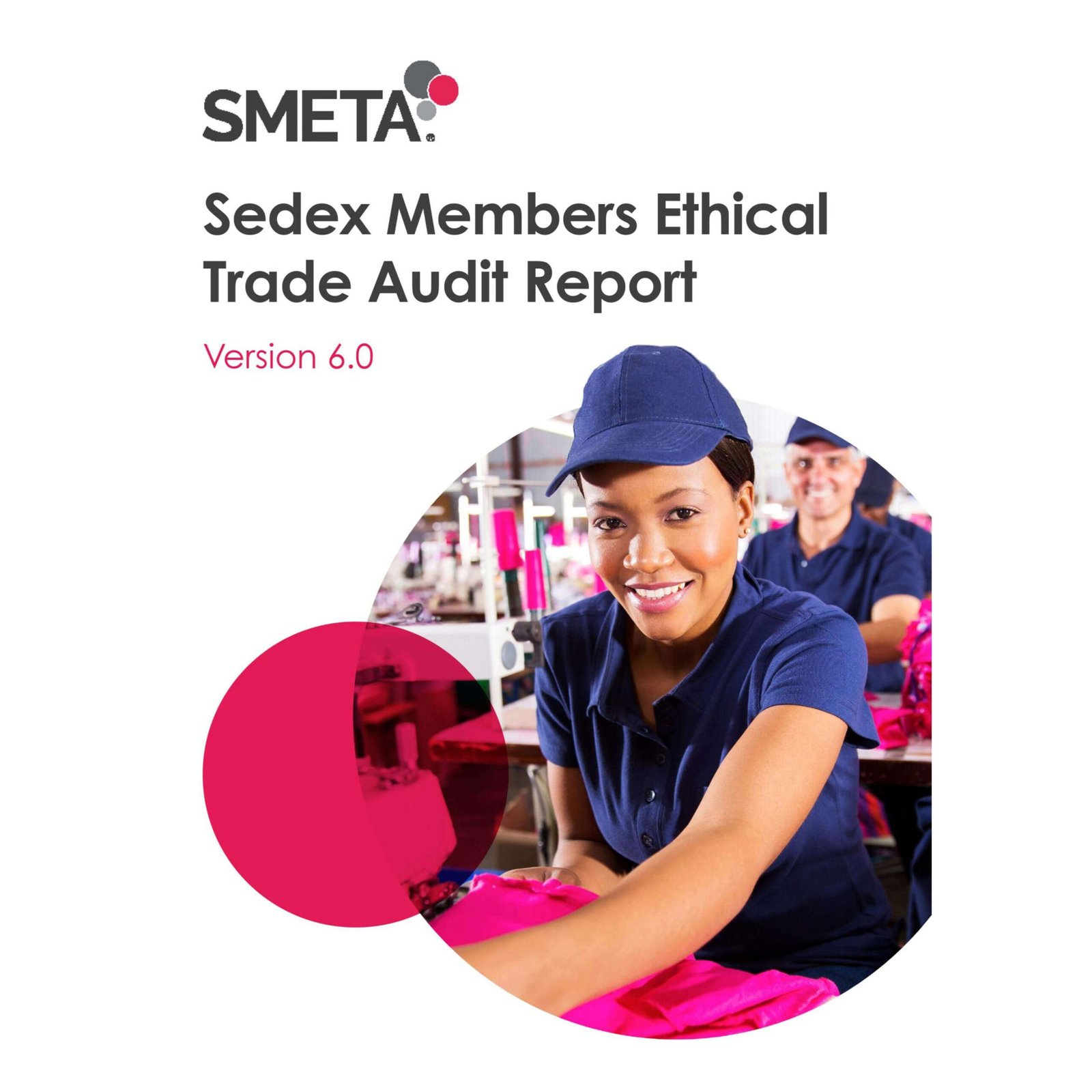Custom clothing manufacturers play a crucial role in bringing your clothing designs to life. Unlike mass production, custom manufacturing allows for unique and tailored designs1, giving clothing brands the flexibility to create specialized products that stand out in the market.
Understanding how custom clothing manufacturers operate will help you make informed decisions when selecting the right partner for your brand.
This guide explores the key aspects of custom clothing manufacturing, including how it differs from mass production, the benefits it offers, and how to choose the right manufacturer for your brand.
What Does a Custom Clothing Manufacturer Do?
Custom clothing manufacturers focus on producing garments based on specific designs, sizes, and material choices requested by the client. Unlike mass production, which focuses on large-scale uniformity, custom clothing manufacturers offer flexibility and personalization.
This allows brands to create products that are unique to their vision, appealing to niche markets or offering exclusive items to their customers.
 Fashion design collaboration
Fashion design collaboration
Key functions of a custom clothing manufacturer:
| Function | Description | Why It’s Important |
|---|---|---|
| Design and Development | Work with designers to develop unique styles and products | Allows for the creation of one-of-a-kind clothing. |
| Material Sourcing | Source specific fabrics or materials for production | Ensures the right material quality and fit for your designs. |
| Sample Production | Produce prototypes or samples for approval | Verifies the design and ensures it meets quality standards before mass production. |
How Does Custom Clothing Manufacturing Differ from Mass Production?
Custom clothing manufacturing is about producing garments that meet specific design, material, and customization requirements, whereas mass production is focused on high-volume, standardized garments made with little customization.
While custom manufacturing offers flexibility and uniqueness, it typically involves higher costs and longer production times than mass production.
| Custom Manufacturing | Mass Production | Key Difference |
|---|---|---|
| Low to Medium Quantities | High Quantities | Custom clothing is often made in smaller batches. |
| Customization | Limited customization options | Mass production focuses on standardization. |
| Longer Production Time | Shorter Production Time | Custom clothing often takes more time due to detailed design work. |
What Types of Clothing Can Be Produced by Custom Clothing Manufacturers?
Custom clothing manufacturers can produce a wide range of clothing items, from basic apparel to high-end fashion pieces2. Some common types of clothing produced by custom manufacturers include:
This flexibility allows clothing brands to create niche products tailored to their specific audience.
| Clothing Type | Examples | Why It’s Popular for Custom Manufacturing |
|---|---|---|
| T-Shirts & Casual Wear | Basic t-shirts, tank tops, hoodies, and sweatshirts | High demand for custom graphics or prints. |
| Activewear & Athleisure | Sports bras, leggings, athletic shirts | Custom designs and performance fabrics are popular. |
| Outerwear | Jackets, coats, hooded jackets | Customizable in terms of style and materials. |
| Formal & Luxury Wear | Suits, dresses, blazers, evening gowns | High-end fabrics and exclusive designs. |
How Do Custom Clothing Manufacturers Work with Brands?
The process of working with a custom clothing manufacturer involves several key steps, from the initial design phase to production and delivery. By understanding these steps, brands can ensure smooth collaboration and high-quality outcomes.
Effective communication with your manufacturer ensures that your vision is accurately translated into the final product.
Key steps in working with a custom clothing manufacturer:
| Step | Description | Why It’s Essential |
|---|---|---|
| Initial Consultation | Discuss design concepts, fabric options, and production timeline | Ensures both parties understand the requirements. |
| Design Approval | Review samples, make adjustments, and approve the final design | Prevents errors and ensures the product meets brand expectations. |
| Production and Quality Control | Begin manufacturing, with regular checks for quality | Ensures consistency and high-quality output throughout production. |

What Are the Key Steps Involved in Working with a Custom Clothing Manufacturer?
The process starts with finding the right supplier, followed by submitting your design, receiving samples, and approving them. Once you’ve approved the design and samples, mass production can begin. Regular communication is vital during each phase to ensure the final product meets your expectations.
Having a clear understanding of the process helps prevent delays and ensures that you’re satisfied with the final product.
| Step | Description | Why It’s Important |
|---|---|---|
| Find the Right Manufacturer | Choose a supplier with experience in your type of clothing | Ensures that the manufacturer can meet your specific needs. |
| Submit Designs and Materials | Share detailed specifications for production | Ensures accurate production of your designs. |
| Approve Samples | Review prototypes or samples before moving forward | Allows for adjustments before committing to mass production. |
How Do Custom Clothing Manufacturers Help Bring Your Designs to Life?
Custom clothing manufacturers take your design concepts and turn them into real products. They help with material sourcing, pattern making, sample production3, and final garment creation. They may also provide expert advice on fabric choices4, production techniques, and cost-saving strategies.
Collaborating with experienced manufacturers ensures that your vision is accurately executed.
| Manufacturing Process | Description | Why It’s Crucial |
|---|---|---|
| Material Sourcing | Manufacturers help source specific fabrics or sustainable materials | Ensures your product is made with high-quality or eco-friendly materials. |
| Pattern Making | Manufacturers create patterns based on your designs | Ensures each garment is made to the right fit and design specifications. |
| Sampling & Prototyping | Testing samples before mass production | Verifies that the designs meet expectations before large-scale production. |
What Are the Benefits of Working with Custom Clothing Manufacturers?
Working with custom clothing manufacturers offers several benefits, especially for brands looking to offer unique and high-quality products. Custom manufacturing allows you to differentiate your brand from mass-produced clothing lines.
From customization to higher-quality fabrics, there are several reasons why custom manufacturing might be the best option for your clothing brand.
Key benefits of working with custom clothing manufacturers:
| Benefit | Description | Why It’s Valuable |
|---|---|---|
| Unique, High-Quality Products | Custom manufacturers produce high-quality, unique garments tailored to your specifications | Differentiates your brand from mass-produced clothing. |
| Creative Control | You have full control over every aspect of design and production | Allows you to create products that perfectly match your brand vision. |
| Limited Editions | Custom manufacturers can produce limited runs or special editions | Creates exclusivity, which can help attract high-demand customers. |
How Can Custom Clothing Manufacturing Offer Unique and High-Quality Products?
Custom clothing manufacturing gives you the ability to create garments that reflect your brand’s unique identity, whether it’s through the use of exclusive fabrics, unique prints, or intricate details. The quality control during production ensures that the final product meets your standards.
High-quality custom clothing allows you to build a premium brand that stands out in the market.
| Quality Control Aspect | Description | Why It’s Crucial |
|---|---|---|
| Material Quality | You can choose high-quality fabrics5 that match your vision | Ensures durability and a better customer experience. |
| Production Oversight | Continuous oversight during production phases | Ensures consistency and prevents defects in finished garments. |
What Are the Advantages of Offering Customization and Limited-Edition Clothing?
Offering customization options or limited-edition collections creates exclusivity and appeals to customers who want something unique. This approach can also justify higher prices due to the added value of personalization.
Limited editions and customization options increase demand and customer loyalty.
| Customization Option | Description | Why It’s Beneficial |
|---|---|---|
| Personalized Clothing | Offering options like custom prints or embroidery | Appeals to customers who want a personalized touch. |
| Limited Editions | Creating exclusive product lines or limited runs | Increases the perceived value and exclusivity of your products. |
How Do You Choose the Right Custom Clothing Manufacturer for Your Brand?
Choosing the right custom clothing manufacturer is crucial for ensuring the success of your brand. It’s essential to evaluate potential suppliers based on their reputation, experience, production capabilities, and pricing.
Selecting a reliable manufacturer ensures you get the quality and service that align with your brand’s goals.
Criteria for choosing the right manufacturer:
| Evaluation Criteria | Description | Why It’s Crucial |
|---|---|---|
| Experience and Expertise | Choose a manufacturer that has experience in your type of clothing | Ensures they understand your needs and can deliver on time and to specification. |
| Reputation and Reviews | Research reviews and ask for references from past clients | Helps you gauge reliability and quality of work. |
| Sustainability and Ethics | Evaluate the manufacturer’s approach to ethical production and sustainability | Customers increasingly value eco-conscious and ethical brands. |
What Are the Key Criteria for Evaluating Custom Clothing Manufacturers?
When evaluating potential manufacturers, focus on factors like their production capacity, ability to meet deadlines, and willingness to collaborate on designs. You should also consider their location and shipping costs, especially if you plan to scale internationally.
Carefully assessing these criteria will ensure you choose the best manufacturing partner for your brand.
| Evaluation Factor | Description | Why It Matters |
|---|---|---|
| Production Capacity | Ensure the manufacturer can handle your order size | Prevents production delays as your business grows. |
| Lead Time & Deadlines | Ensure they can meet your timeline requirements | Helps avoid delays and ensures timely product launch. |

How Do Minimum Order Quantities and Lead Times Impact Your Decision?
Custom clothing manufacturers often have Minimum Order Quantities (MOQs) that can impact your budget and initial investment. Additionally, lead times for production should align with your business needs to avoid delays in product launches.
Evaluating MOQs and lead times helps you plan effectively and avoid over-committing to orders.
| Factor | Description | Why It Affects Your Budget |
|---|---|---|
| MOQ (Minimum Order Quantity) | The minimum number of units you must order | Helps determine if the supplier fits your budget and production needs. |
| Lead Time | The time required to manufacture and deliver your products | Aligns production with your sales goals and ensures timely product launches. |
What Are the Costs Involved in Custom Clothing Manufacturing?
Custom clothing manufacturing costs vary depending on several factors, such as material choices, design complexity, and order volume. These costs should be thoroughly understood before moving forward with a manufacturer.
By understanding the various cost factors, you can better manage your budget and ensure that your production process is efficient and cost-effective.
Key cost factors in custom clothing manufacturing:
| Cost Factor | Estimated Impact on Price | Why It Affects Your Bottom Line |
|---|---|---|
| Material Choices | +$5 – $20 per unit | Premium materials increase the unit cost but may attract higher-paying customers. |
| Customization & Design | +$10 – $50 per unit | Complex designs and high levels of customization add to the cost of production. |
| Production Volume | +$1 – $10 per unit for larger orders | Larger orders typically reduce the cost per unit, lowering overall production costs. |
How Do Material Choices and Production Complexity Affect Pricing?
The materials you choose for your clothing line and the complexity of your design will directly impact your production costs. Custom clothing often requires higher-quality materials, which can increase costs, especially for intricate designs.
Carefully selecting materials and design elements can help manage your budget while ensuring high-quality products.
| Material Type | Price Impact | Why It Affects Pricing |
|---|---|---|
| Premium Fabrics | +$5 – $20 per unit | High-end materials like silk, wool, or organic cotton are more expensive. |
| Basic Fabrics | +$1 – $5 per unit | Cotton or polyester are more affordable options for custom clothing. |
How Can You Negotiate to Get the Best Value from a Custom Clothing Manufacturer?
Negotiating with your custom clothing manufacturer can help you secure better pricing, terms, and service. Offering larger order volumes, agreeing to longer-term contracts, or ensuring timely payments can lead to more favorable pricing.
Negotiation skills are crucial for maximizing value and ensuring that you get the most for your investment.
| Negotiation Tip | Description | Why It Works for Your Brand |
|---|---|---|
| Bulk Orders | Offer larger orders to negotiate better pricing | Reduces per-unit cost and helps secure volume discounts. |
| Long-Term Contracts | Committing to long-term production runs | Builds a strong relationship and provides consistent pricing. |
Conclusion
Building a clothing brand with custom clothing manufacturing offers a unique opportunity to create high-quality, personalized products that stand out in a competitive market. Understanding the key factors such as the manufacturing process, costs, and how to choose the right supplier is essential to managing your budget and ensuring the success of your brand.
By working closely with custom manufacturers, you can bring your designs to life, offer exclusive products, and create a strong brand identity that resonates with your target audience. Whether you’re just starting or looking to scale your brand, making informed decisions at every step will help you build a successful and sustainable clothing line.
-
Discover the significance of unique designs in attracting niche markets and enhancing brand identity. ↩
-
Discover the range of luxury items that can be tailored to meet specific customer demands. ↩
-
Find out how sample production ensures quality and design accuracy before mass production. ↩
-
Explore how expert insights can enhance your product quality and appeal. ↩
-
Discover how fabric quality can influence customer satisfaction and brand reputation. ↩









